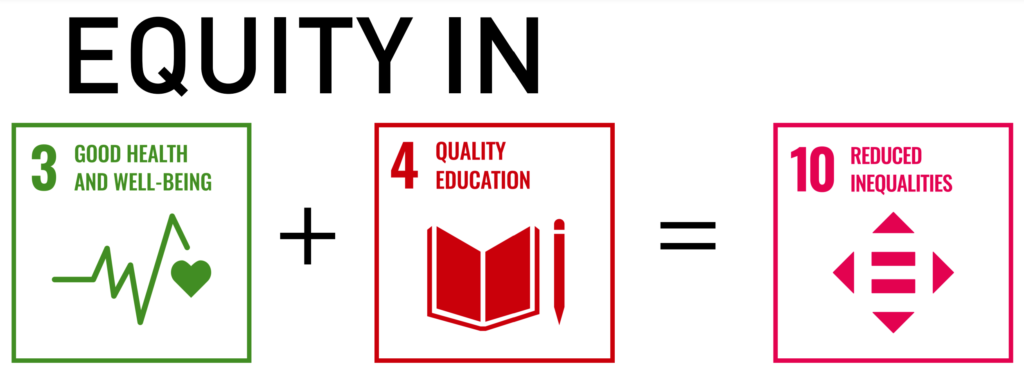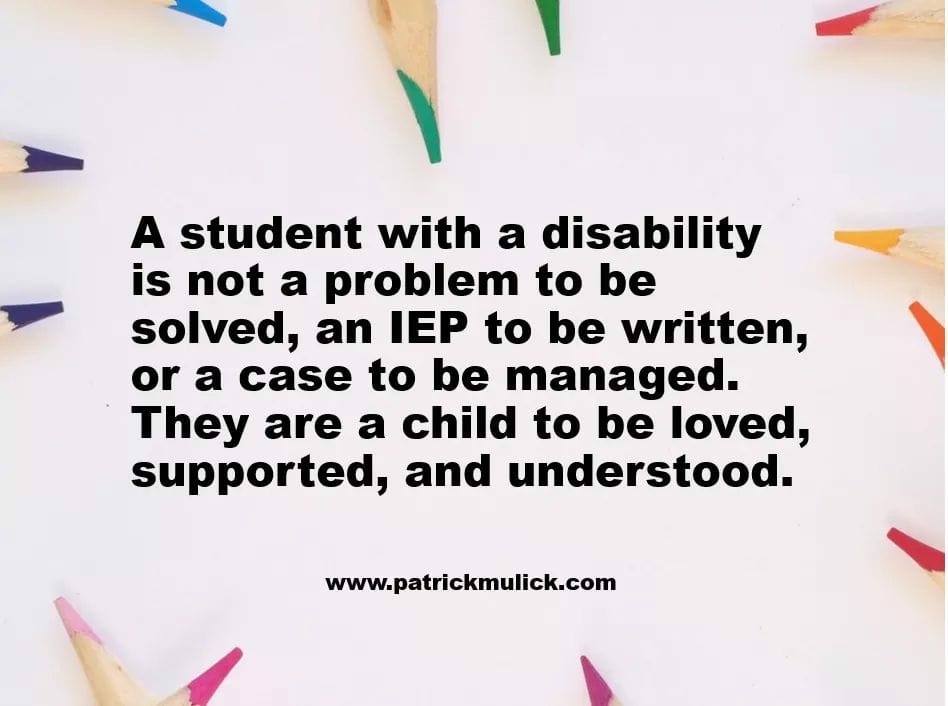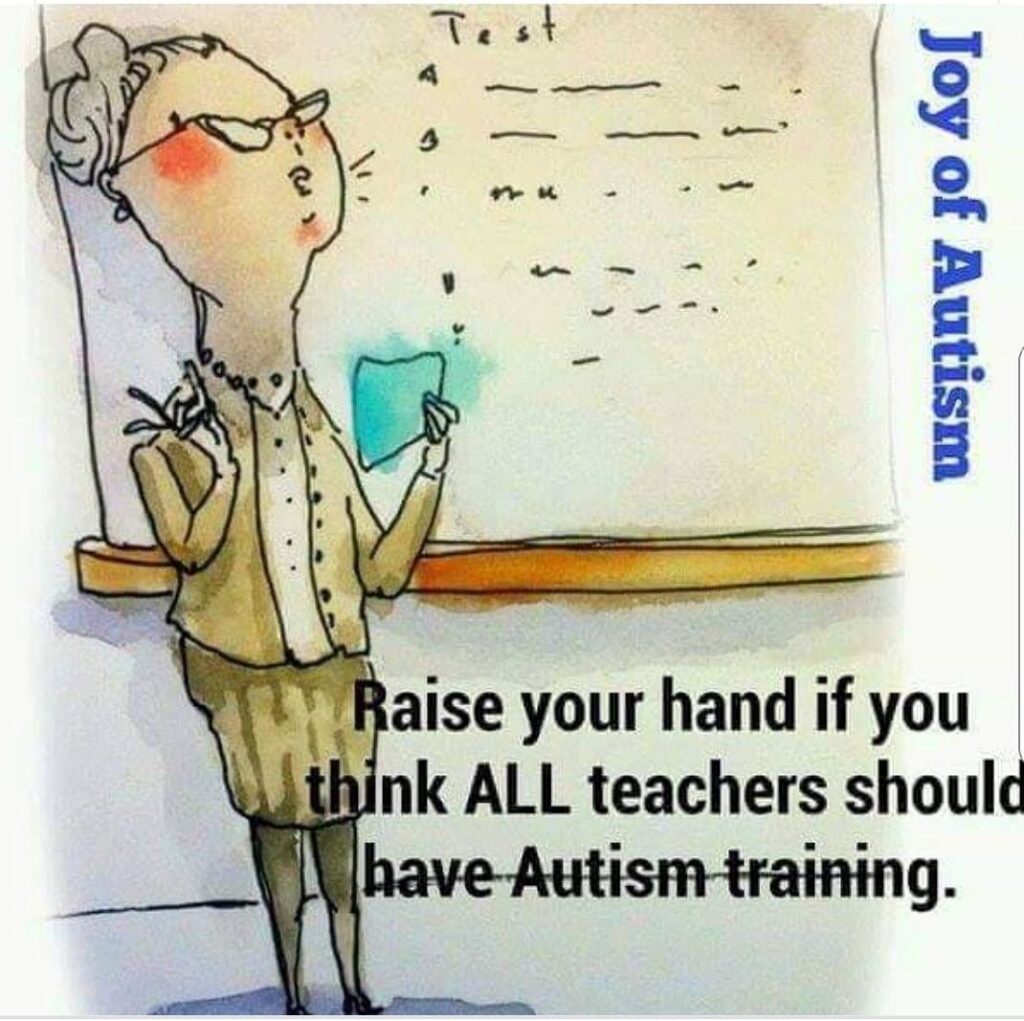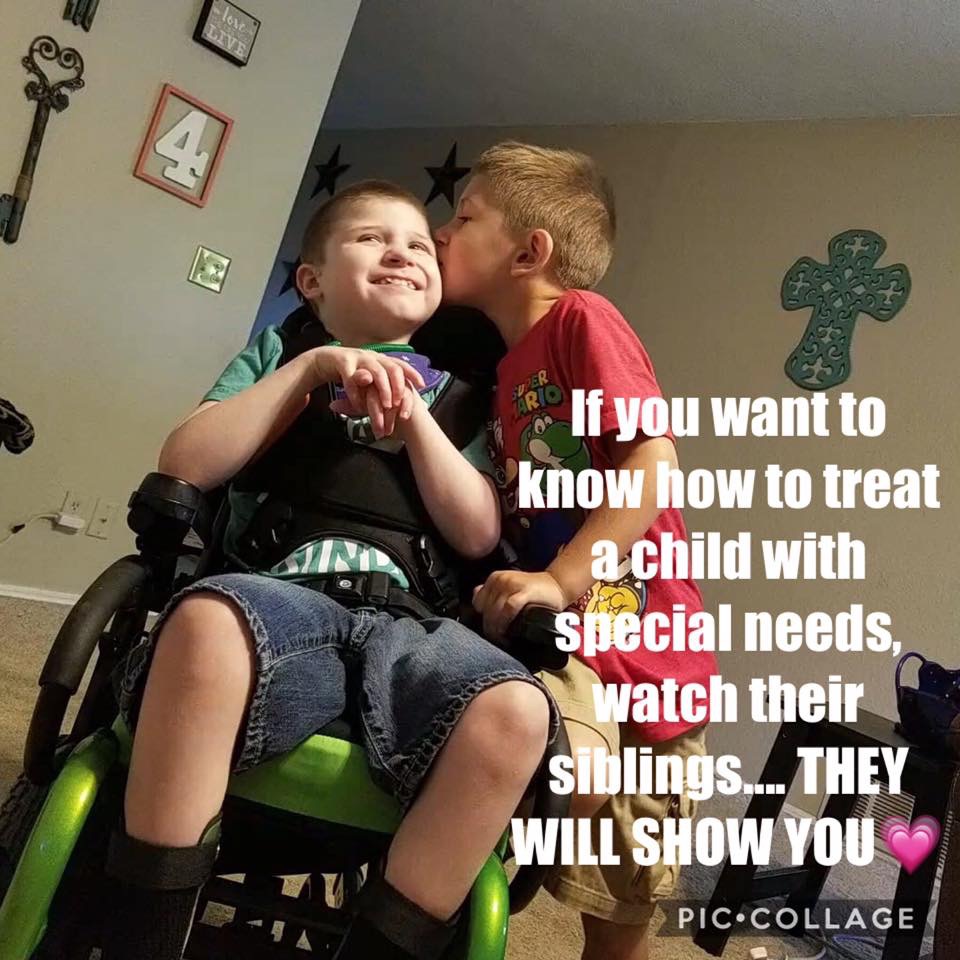Special Needs Education refers to the educational programs and strategies designed to meet the unique learning needs of students with disabilities or other special needs. These programs aim to provide students with the support and accommodations they need to learn and develop to their full potential. Special Needs Education covers a wide range of disabilities and conditions, including but not limited to autism, dyslexia, ADHD, Down syndrome, cerebral palsy, and visual or hearing impairments.



Special Needs Education may involve various educational approaches and accommodations, such as individualized instruction, assistive technology, specialized curriculum, adaptive materials, and modifications to the learning environment. The goal of Special Needs Education is to provide students with the skills and knowledge they need to succeed academically, socially, and emotionally, and to help them develop the confidence and independence they need to lead fulfilling lives.
Education is the greatest leveller of opportunity for persons with disabilities. The Education Assistan Support Programme aims to increase enrolment, retention and completion rates of learners with disabilities eventual engagement in decent and gainful employment.
In many countries, Special Needs Education is mandated by law and is provided by public schools, with additional support and resources provided by government agencies and community organizations. However, some families may choose to pursue private or home-based education options to meet their child’s unique needs.
Inclusive education refers to the practice of providing equitable and accessible education to all students, regardless of their abilities, disabilities, or other differences. In an inclusive education system, all students are given the opportunity to learn and participate in the same classrooms, with appropriate accommodations and support services provided as needed.
The goal of inclusive education is to create a welcoming and supportive learning environment that values diversity and promotes the social, emotional, and academic growth of all students. Inclusive education acknowledges that every student has unique learning needs and that these needs should be addressed through a variety of teaching methods and accommodations.
In an inclusive education system, teachers and other educational professionals work together to provide individualized support and accommodations for students with disabilities or other special needs. This may include providing assistive technology, adaptive materials, and modifications to the learning environment or curriculum.
Inclusive education also emphasizes the importance of creating a culture of acceptance and understanding within the school community, where all students are valued and respected. It is an essential component of a high-quality education system that promotes equity, diversity, and inclusion, and prepares students to thrive in a diverse and rapidly changing world.


